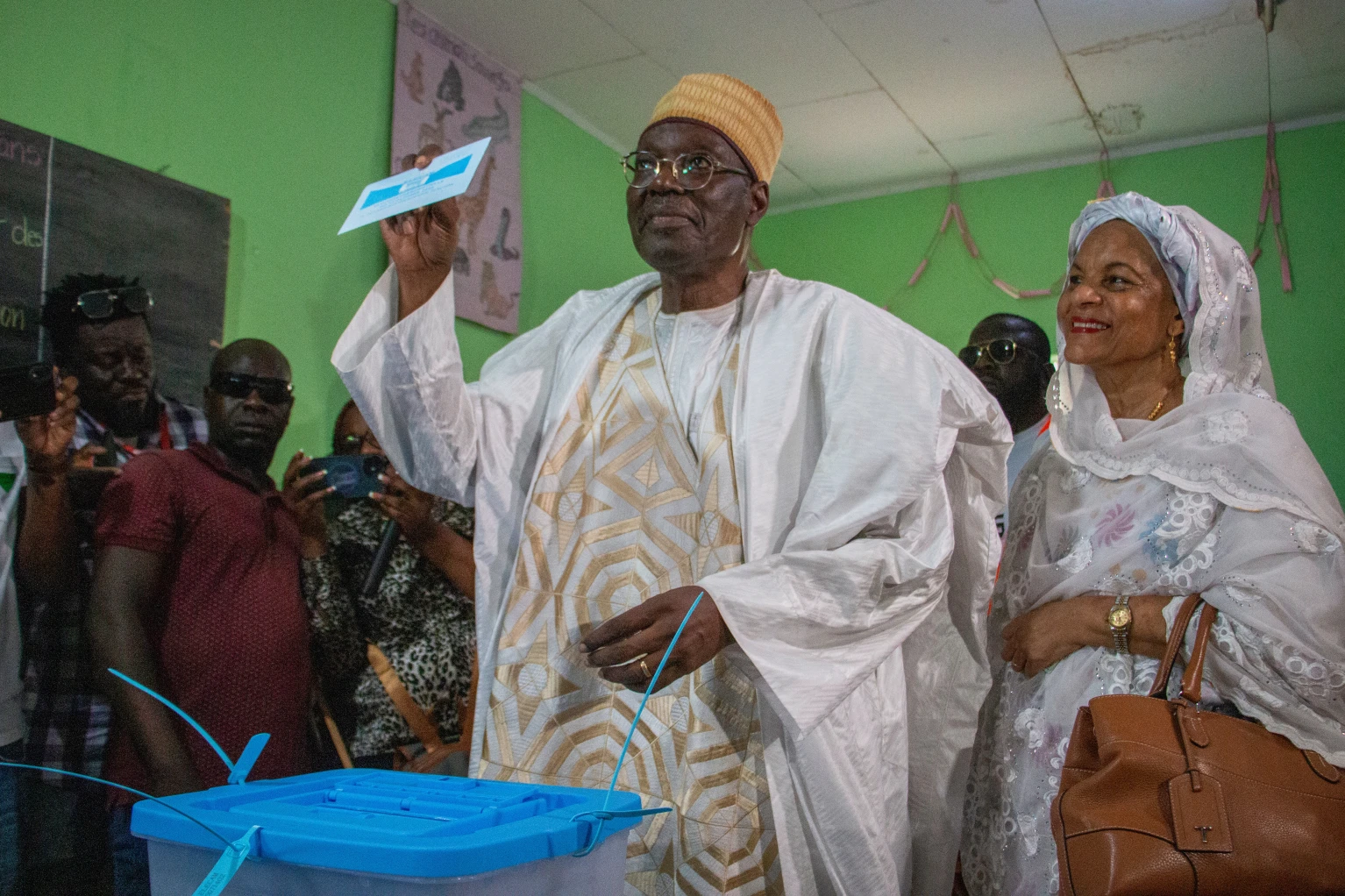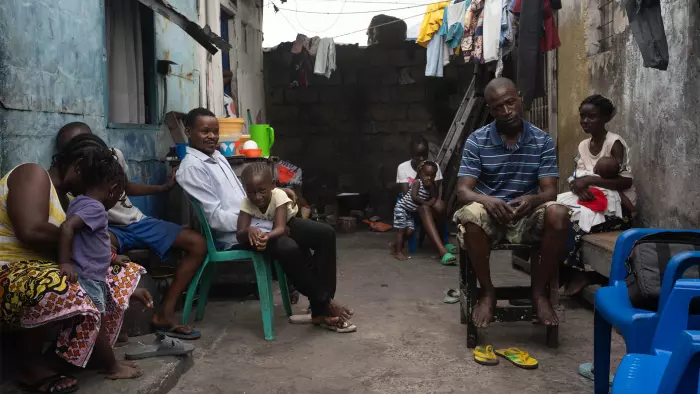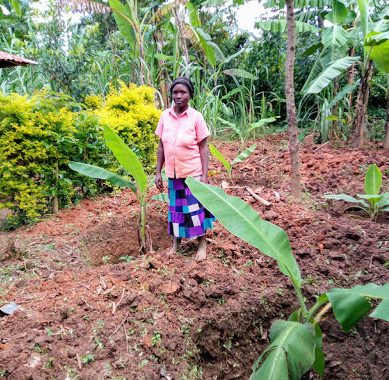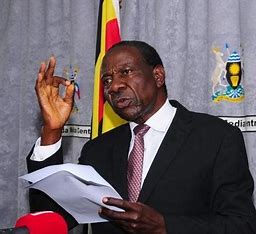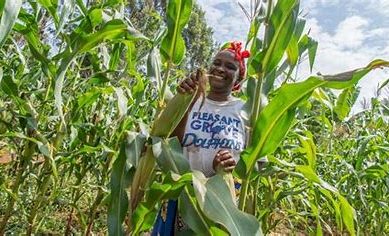How arbitrary tax led to rise of Mobondo militia that is killing Teke tribesmen in western Congo
Teke people own much of the land in Kwamouth. Communities from neighbouring provinces – who are considered “non-native” – have historically provided agricultural labour. Some have also settled on the land as farmers, and are taxed in-kind by Teke customary chiefs.
White House announces US President Biden will host Kenya’s President Ruto in May
Word of Ruto’s visit comes after Haiti announced this week that it is working on an official agreement with Kenyan officials to secure the long-awaited deployment of Kenyan police forces there. High-ranking officials from both countries recently met in the US for three days to draft a memorandum of understanding and set a deadline for the arrival of forces in Haiti from the east African country.
How $170,000 factory converted banana, potato farming from subsistence into commercial enterprise in western Kenya
Now, as Kenya looks to be food secure, harvesting and drying up perishables such as bananas and potatoes (Irish and sweet) is expected to give such foods a longer shelf life, besides diversification.
Ethiopian security blocks Somali president from AU summit venue to ratchet up sour diplomatic ties
President Mohamud was in Ethiopia’s capital, Addis Ababa, to attend an African Union summit. He charged that Ethiopian security services tried to block him from leaving his hotel on Saturday morning, forcing him to travel in the convoy of Djibouti’s president.
As violence worsens in eastern Congo, US has warned Rwanda against supporting M23 rebels
Fighting near Goma, the capital of North Kivu province and the largest city in the region, has intensified in recent days as the rebels threatened to take over the metropolis. Residents of the nearby town of Sake have been fleeing fierce fighting between Congolese government troops and the group.
As a ‘late bloomer’ in digital culture the smartphone is a bad intruder in our 44-year-old marriage
The smartphone is a bad intruder in our home. We talk far less than ever before, yet talking and laughing together have in the past has glued us together, sharing our ups and downs. We hardly watch television together because of the smartphone. The smart phone consumes a lot of time that would go to keep the old people talking to one another. Worse still, when our children and their children visit us, each one has a smart phone.
US to build five new military bases for Somali army, which faces insurgency by extremists
The UN Security Council has authorised the reduction of the peacekeeping force in Somalia and the Somali government says it is achieving progress in improving security.
Kenya targets lower budget deficit in next fiscal year after decade of debt-fuelled infrastructure spending
To cover the deficit, the government will raise 326.1 billion shillings in net external financing, and another 377.7 billion shillings in net domestic borrowing. Overall spending will rise to 4.19 trillion shillings ($28.90 billion) from an estimated 3.90 trillion shillings in this fiscal year, the ministry said.
Why modern farmers and scientists are keen on growing more crops for cows and cars, not food for humans
To see the yield gap in action, compare two important corn producers: the US and Kenya. In the US, the average yield is around 10.8 tonnes per hectare, while in Kenya it’s 1.5 tonnes. While the US is very close to its maximum theoretical corn yields, Kenya – taking into account its different climate – is way below its theoretical maximum. In other words, the US barely has a corn yield gap at all, while Kenya has a yield gap of about 2.7 tonnes per hectare below its theoretical maximum.
More sinned against than sinning: How successive regimes in Uganda exploited, abused and impoverished once rich Busoga
Because the Basoga are easier to divide than unite, Busoga has been a perennial loser in terms of development, transformation and progress in Musevenite times. It has lost opportunities, resources, properties and land to foreigners since precolonial times. The precolonial rulers of Busoga – Buganda and Bunyoro – exploited Busoga to their advantage when the indigenous Basoga were not united and only depended on shifting agriculture and hunting only for food. The precolonial rulers stole ivory, leopard skins and gold and traded them with other peoples. The Baganda colonisers even abducted the beautiful Basoga women.


